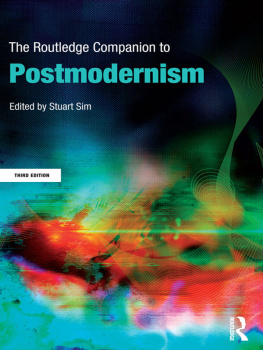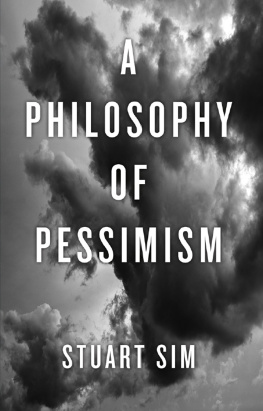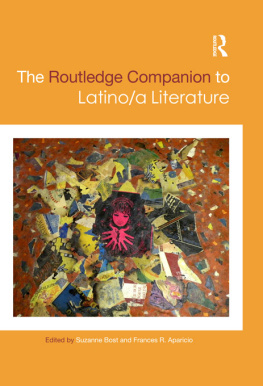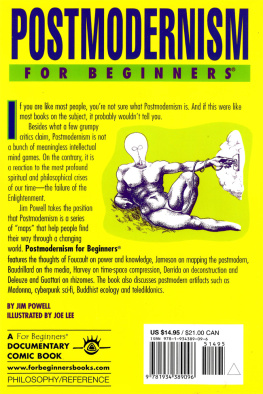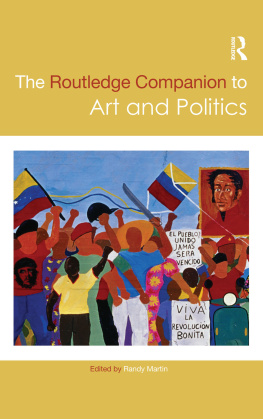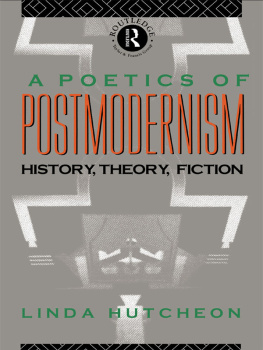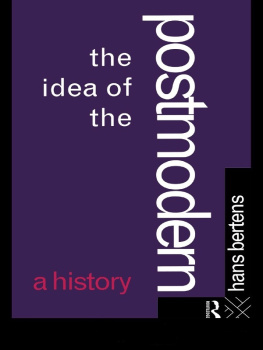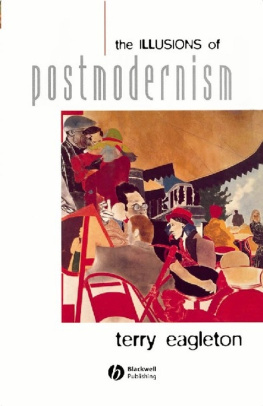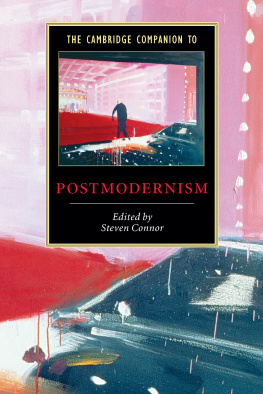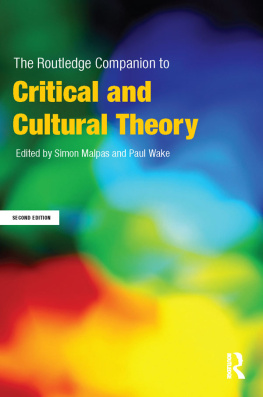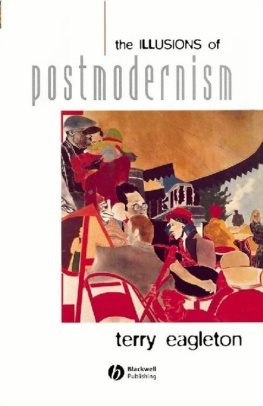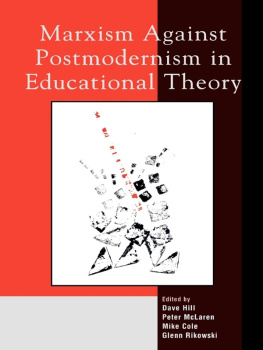Sim - The Routledge Companion to Postmodernism
Here you can read online Sim - The Routledge Companion to Postmodernism full text of the book (entire story) in english for free. Download pdf and epub, get meaning, cover and reviews about this ebook. publisher: Taylor and Francis, genre: Politics. Description of the work, (preface) as well as reviews are available. Best literature library LitArk.com created for fans of good reading and offers a wide selection of genres:
Romance novel
Science fiction
Adventure
Detective
Science
History
Home and family
Prose
Art
Politics
Computer
Non-fiction
Religion
Business
Children
Humor
Choose a favorite category and find really read worthwhile books. Enjoy immersion in the world of imagination, feel the emotions of the characters or learn something new for yourself, make an fascinating discovery.
The Routledge Companion to Postmodernism: summary, description and annotation
We offer to read an annotation, description, summary or preface (depends on what the author of the book "The Routledge Companion to Postmodernism" wrote himself). If you haven't found the necessary information about the book — write in the comments, we will try to find it.
Sim: author's other books
Who wrote The Routledge Companion to Postmodernism? Find out the surname, the name of the author of the book and a list of all author's works by series.
The Routledge Companion to Postmodernism — read online for free the complete book (whole text) full work
Below is the text of the book, divided by pages. System saving the place of the last page read, allows you to conveniently read the book "The Routledge Companion to Postmodernism" online for free, without having to search again every time where you left off. Put a bookmark, and you can go to the page where you finished reading at any time.
Font size:
Interval:
Bookmark:
T HE R OUTLEDGE C OMPANION TO P OSTMODERNISM
Praise for the second edition
The Routledge Companion to Postmodernism helps to unravel some of the questions surrounding postmodern thought and includes essays that cover a wide variety of postmodernism.
Abraham P. Deleon, University of Connecticut in Journal of Educational Studies
A thought-provoking and well-constructed guide.
Times Literary Supplement
An extremely useful compilation This is a work crammed with interesting facts and speculations and with a most assiduous cross-referencing of key terms.
Times Education Supplement
This fully revised third edition of The Routledge Companion to Postmodernism provides the ideal introduction to postmodernist thought. Featuring contributions from a cast of international scholars, the Companion contains 19 detailed essays on major themes and topics along with an AZ of key terms and concepts. As well as revised essays on philosophy, politics, literature and more, the first section now contains brand new essays on aesthetics, business, gender and the performing arts. The concepts section, too, has been enhanced with new topics ranging from hypermedia to global warming. Students interested in any aspect of postmodernism will continue to find this an indispensable resource.
Stuart Sim is retired Professor of Critical Theory at the University of Sunderland, and currently Visiting Professor in English at Northumbria University. He has published widely in the field of critical theory and eighteenth-century English literature, and is a Fellow of the English Association.
Also available from Routledge
The Routledge Companion to Critical Theory
Edited by Paul Wake and Simon Malpas
9780415332965
Semiotics: The Basics
Daniel Chandler
9780415363754
Fifty Key Contemporary Thinkers
Second Edition
John Lechte
9780415326940
Literary Theory: The Basics
Hans Bertens
9780415396714
Cultural Theory: The Key Concepts
Second Edition
Edited by Andrew Edgar and Peter Sedgwick
9780415399395
T HE R OUTLEDGE C OMPANION TO P OSTMODERNISM
Third edition
Edited by
Stuart Sim

First published in the United Kingdom 1998 by Icon Books Ltd
as The Icon Critical Dictionary of Postmodern Thought
First published in the United States of America 1999 by Routledge
as The Critical Dictionary of Postmodern Thought
Reissued 2001 by Routledge
as The Routledge Companion to Postmodernism
Second edition published 2005
by Routledge
Third edition published 2011
by Routledge
2 Park Square, Milton Park, Abingdon, Oxon OX14 4RN
Simultaneously published in the USA and Canada
by Routledge
711 Third Avenue, New York, NY 10017
Routledge is an imprint of the Taylor & Francis Group, an informa business
2001, 2005, 2011 Stuart Sim for editorial material and selection; individual contributions, the contributors
The right of the editor to be identified as the author of the editorial material, and of the authors for their individual chapters, has been asserted in accordance with sections 77 and 78 of the Copyright, Designs and Patents Act 1988.
All rights reserved. No part of this book may be reprinted or reproduced or utilised in any form or by any electronic, mechanical, or other means, now known or hereafter invented, including photocopying and recording, or in any information storage or retrieval system, without permission in writing from the publishers.
Trademark notice: Product or corporate names may be trademarks or registered trademarks, and are used only for identification and explanation without intent to infringe.
British Library Cataloguing in Publication Data
A catalogue record for this book is available from the British Library
Library of Congress Cataloging in Publication Data
The Routledge companion to postmodernism / edited by Stuart Sim.3rd ed.
p. cm.(Routledge companion series)
Includes bibliographical references and index.
Previous ed.: 2005.
1. Postmodernism. I. Sim, Stuart.
B831.2.R6795 2011
149.97dc22
2010052483
ISBN: 9780415583305 (hbk)
ISBN: 9780415583329 (pbk)
ISBN: 9780203813201 (ebk)
CONTENTS
Stuart Sim
Stuart Sim
Georges Van Den Abbeele
Iain Hamilton Grant
Sue Thornham
Chris Haywood and Mairtin Mac An Ghaill
Nigel Watson
Pamela Sue Anderson
Eleanor Byrne
Iain Hamilton Grant
Anglique du Toit
Diane Morgan
Colin Trodd
Val Hill
Tony Purvis
Barry Lewis
Derek B. Scott
Susan Melrose
John Storey
Lloyd Spencer
Preface to the Third Edition
The Modern, the Postmodern and the Post-Postmodern
It is a clich by now to say that we live in a postmodern world, and indeed postmodern has become one of the most used, and abused, words in the language. Yet it is striking that few people can say with any sense of assurance what that term postmodern actually means or involves. Some theorists have suggested that it is as much a mood or attitude of mind as anything else, but they do seem to be agreed that it is widely in evidence even if there is also a school of thought which claims that its moment has now passed. Such negative voices as Alan Kirby notwithstanding (postmodernism is dead and buried), The Routledge Companion to Postmodernism is designed to outline what the phenomenon is, where to find it and why it is still culturally very significant.
In a general sense, postmodernism is to be regarded as a rejection of many, if not most, of the cultural certainties on which life in the West has been structured over the past couple of centuries. It has called into question our commitment to cultural progress (that national economies must continue to grow, that the quality of life must keep improving indefinitely, etc.), as well as the political systems that have underpinned this belief. Postmodernists often refer to the Enlightenment project, meaning the liberal humanist ideology that has come to dominate Western culture since the eighteenth century: an ideology that has striven to bring about the emancipation of mankind from economic want and political oppression. In the view of postmodernists this project, laudable though it may have been at one time, has in its turn come to oppress humankind, and to force it into certain set ways of thought and action not always in its best interests. It is therefore to be resisted, and postmodernists are invariably critical of universalizing theories (grand narratives as the philosopher Jean-Franois Lyotard termed them), as well as being anti-authoritarian in their outlook. To move from the modern to the postmodern is to embrace scepticism about what our culture stands for and strives for.
Since the first edition of this work was published in 1998, the cultural context in which postmodernism operates has changed quite dramatically. The events of 9/11 demonstrate that grand narratives can reinvent themselves, and the grand narrative of religious fundamentalism is now an acknowledged threat to global peace. One could argue that this is a phenomenon which undermines many of the claims of postmodernism, revealing these to be over-optimistic as to the extent of the cultural change that has occurred in recent times; equally, one could see it as evidence of why we need postmodernism to combat this essentially regressive tendency. The remainder of this introduction will look at postmodernism in a wider historical context, including recent challenges to its ethos, to argue that what postmodernism represents is still valuable and that it is more than just a brief historical episode of late twentieth-century culture that has now exhausted its cultural role. The postmodern is still with us in the twenty-first century: a positive aspect of our culture that deserves our support. We set out, therefore, to define and defend the postmodern.
Next pageFont size:
Interval:
Bookmark:
Similar books «The Routledge Companion to Postmodernism»
Look at similar books to The Routledge Companion to Postmodernism. We have selected literature similar in name and meaning in the hope of providing readers with more options to find new, interesting, not yet read works.
Discussion, reviews of the book The Routledge Companion to Postmodernism and just readers' own opinions. Leave your comments, write what you think about the work, its meaning or the main characters. Specify what exactly you liked and what you didn't like, and why you think so.

